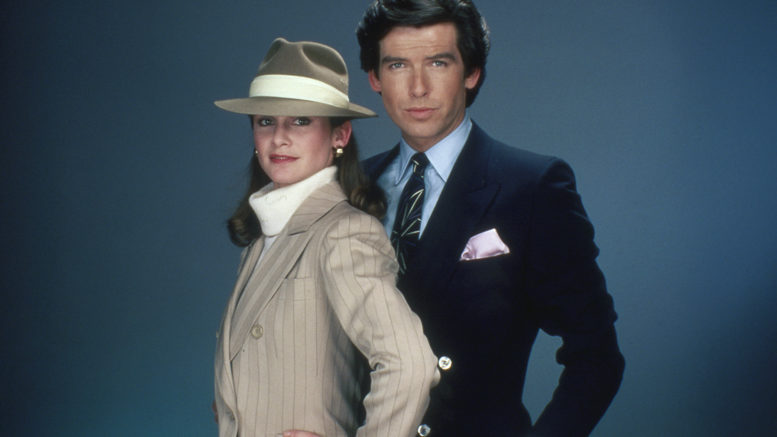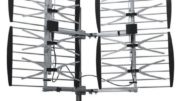We’re all watching a lot of TV right now. But the funny thing isn’t the amount, it’s what appeals to us right now. Two months ago, there was a strong interest in movies like Contagion and Outbreak, movies that proved fairly prescient because they were based on real science.
But fascination with fictitious disasters quickly gave way to TV intended to focus us on other things. The world may seem like it’s crashing down around us some days, but no matter what it’s not going to be as bad as a grandstanding zookeeper pretending to be a country singer. We’re looking for entertainment that helps us escape, more than ever.
What will the fall TV season look like?
Right now, in a normal year, network executives would be finalizing deals for upcoming TV shows. But how can we even project what kind of shows will be produced at all? Scripted TV shows start every week with a crowded meeting where all the staff sit around a large table and read the script. How will that be possible?
Perhaps even more importantly, will fall TV address today’s reality, or keep going on with a false narrative? Scripted TV has been notoriously slow to adapt new trends or address real life. Neither Sex and the City nor Friends, two of the most prominent New York-based shows in 2001, addressed 9/11 in scripts. For the most part, characters just went on merrily as if it hadn’t happened. It wasn’t until the end of the decade when you started seeing shows that found a way to incorporate the way people really use cell phones, either.
There may not even be a fall season
It may not be possible to start shooting sitcoms until later, possibly until the winter. That could trigger some real changes in the kind of TV we watch. While reality TV was around in the early 2000s, it was the writers’ strike of 2007-2008 that filled our screens with unscripted fare. It took close to a decade for that trend to finally peter out.
Not only that, the writer’s strike came at a time when early adopters had started using Netflix and Hulu. As the recession came to a close, more people adopted streaming technology, eager to avoid spiraling cable company costs.
My point is, while TV show writers may not address changes in the world, viewers certainly do.
How will network TV cope?
Network television has had a very checkered past when it comes to reacting to changes in the world. Back in the days when there was no competition, network TV shows coped slowly and on their own terms. But with competition from cable and later streaming, network TV did have to adapt.
So far, the broadcast networks have taken as much action as they can. Late-night TV has moved production to the hosts’ homes, for example. ABC is running Who Wants to be a Millionaire in an empty studio with appropriate social distancing. They’ve also started putting together comfort-food programming using their vast library of Disney assets.
I think that you’ll see a big change in the kind of TV that’s being presented. This is a time when traditional network TV could really embrace the limited-series model that Netflix and Hulu have been doing for a while. Put together something fast that runs for just a few episodes. It seems like no one really cares about production values right now and you can get some really good stuff from a cellphone anyway.
Keep people interested with an ongoing stream of 8-episode shows for now, stuff that people can binge on streaming after it’s aired live. I think that’s the way to go.
I also think that now more than ever the broadcast networks are equipped to show prime-time reruns. This may sound weird but let’s be honest, people are still bonkers for The Office and Friends. ViacomCBS, Comcast, Disney, and the Fox Corporation, the parents of CBS, NBC, ABC, and FOX respectively, own the rights to a lot of shows. I don’t know about you but if LA Law were back on at 10 on Thursday, I’d watch it. This is a great time to resurrect some of those shows that people really miss. Remington Steele at 9 on Fridays, anyone?
The new “business as usual”
Whatever happens, it’s going to be new. It’s going to be different. One network may not survive. I don’t know. But the players who do really thrive are going to be the ones who innovate. Broadcast TV is incredibly important and all I can say is I hope that there are a lot of smart people out there fighting for it, today, six months from now, and whenever it is that this whole thing is behind us.




